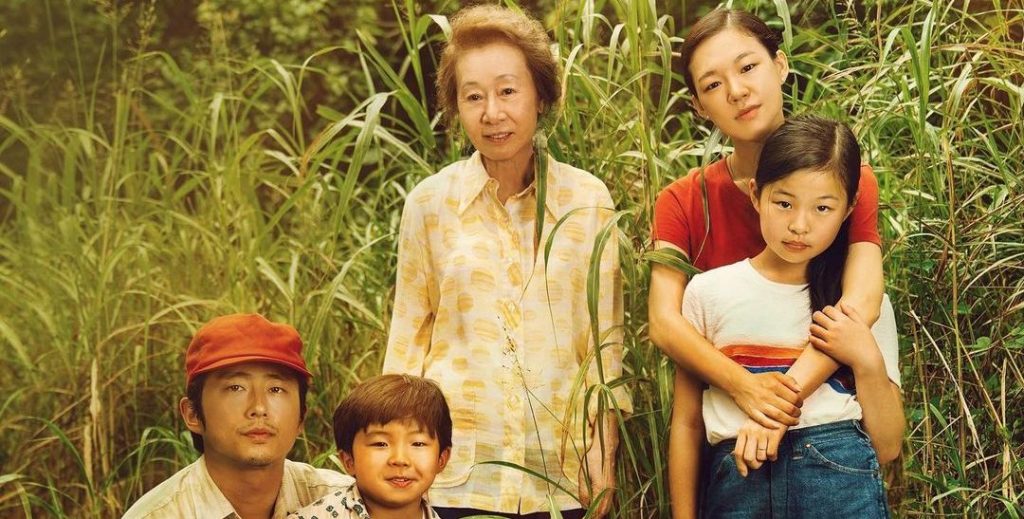‘Minari’ review: a film that awakens empathy

Lee Isaac Chung’s “Minari” depicts the journey of a South Korean family that resonates with thousands of immigrants living in the United States of America. The masterful cinematography and the heart-churning honesty of the performances capture the audience in such a way that it is easy to forget one is watching a movie. “Minari” offers an unfiltered window into a family’s struggle to hold on to each other, to hold on to their dreams, to life itself and everything that makes it worth living.
We begin with Jacob and Monica Yi driving their children to their new trailer home in the middle of Arkansas. Monica is disturbed by the tiny space and the apparent nothingness surrounding her, but Jacob, a determined entrepreneur, is excited by the prospect of farming the vast land and raising his enterprise.
The agrarian life and the distance from home present the family with as much difficulties as the incontrollable issues of health and personal relationships. The tension escalates at a steady but graceful pace, picking up speed and taking sudden turns in abruptness that is so characteristic of real life. These situations increase the empathy towards the characters, complemented by their distinct personalities and individual development, which is done in a natural way that presents humans instead of caricatures.
My favorite characters were David, the youngest son, and his grandmother, Soonja. Their relationship has a rocky start due to cultural and generational clashes, some casual pranks and childish disdain, but they persist and find comfort in each other. David starts feeling like he’s found a true friend in his unusual grandmother, and those rich and brief scenes between them let us realize that life is full of small special moments despite the difficulties that arise in the lives of immigrants.
But as the family goes back and forth between small moments of peace and emergencies that disturb it, what remains consistent is Jacob’s priority: the farm. At times he seems detached from his family while he pursues his agricultural dream, but it’s clear that Jacob only works so hard because he wants to give his family a better life and he wants them to believe in him.
Chung presents fragments of microaggressions in subtle ways that are also effective and powerful in their apparent simplicity, creating a complex contrast between American and Korean culture, which is oftentimes overlooked or treated. These details elevate the film’s realism and serve to show us that not a lot has changed since the 1980s regarding the immigrant experience in America.
“Minari” is exceptional for its ability to awaken our most genuine empathy, as the emotional scenes sprinkled between moments of tenderness and love are individually special, and add up to an extraordinary cinematic experience. One of my favorite scenes of the film was when Soonja takes David to the creek and suggests harvesting minari, a South Korean vegetable, that she believes will endure and thrive in that American soil. In the end it does, and the crop is healthy and hopeful, ripe with opportunities, but also introspective lessons for each character. The minari, like Jacob’s family, endured when everything else seemed lost.



























